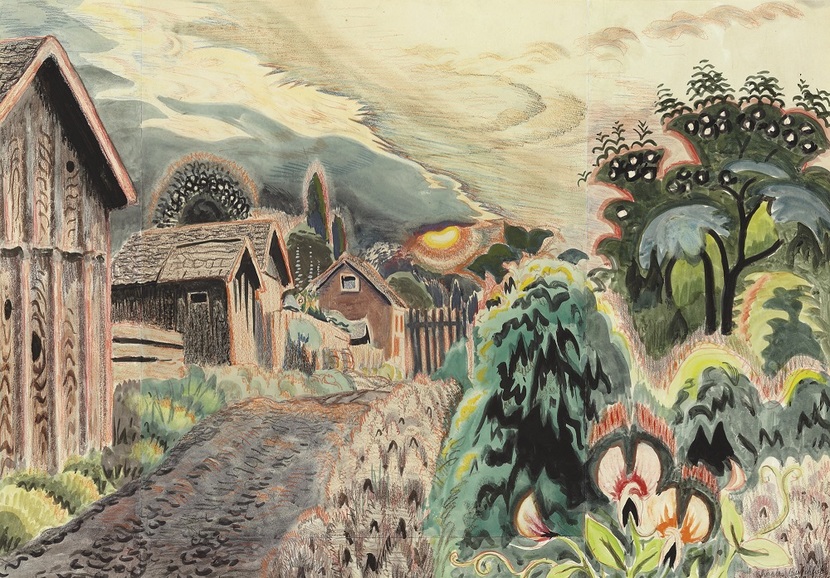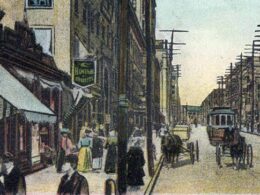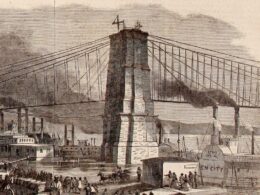Sherwood Anderson (1876–1941)
From Sherwood Anderson: Collected Stories

100 years ago today, on May 8, 1919, Sherwood Anderson’s Winesburg, Ohio was released to a public that wasn’t quite ready for it.
Although a good number of critics offered favorable notices, one early reviewer accused the author of reducing his characters “from human clay to plain dirt”; another called the book “the picture of a maggoty mind.” A columnist in the Chicago Tribune asserted, with considerable overstatement, that the tales are “practically all concerned chiefly with the sex life of the inhabitants of the Ohio village.” One of the Tribune’s outraged readers followed up with a letter: “It seems to me a distillation of the sort of leering gossip one would expect to find bandied about by male scandalmongers chewing tobacco on cracker barrels in a dirty cross-roads grocery store. . . . It ought to be buried without delay in the nearest public sanitation.”
Winesburg in many ways resembles the town (and inhabitants) of Clyde, where Anderson spent most of his childhood in the late 1800s. Yet soon after the book was published in 1919, Anderson discovered—to his dismay—that there was a real town in Ohio with the name of Winesburg. “It was no doubt stupid of me,” he admitted a decade later. “Certainly, I did not write to make fun of these people or to make them ridiculous or ugly, but instead to show by their example what happens to simple, ordinary people—particularly the unsuccessful ones—what life does to us here in America in our times—and on the whole how decent and real we nevertheless are.”
For our Story of the Week selection, we present “Hands,” which was both the first of the two dozen stories Anderson wrote for Winesburg and the one he chose as the opening chapter.



